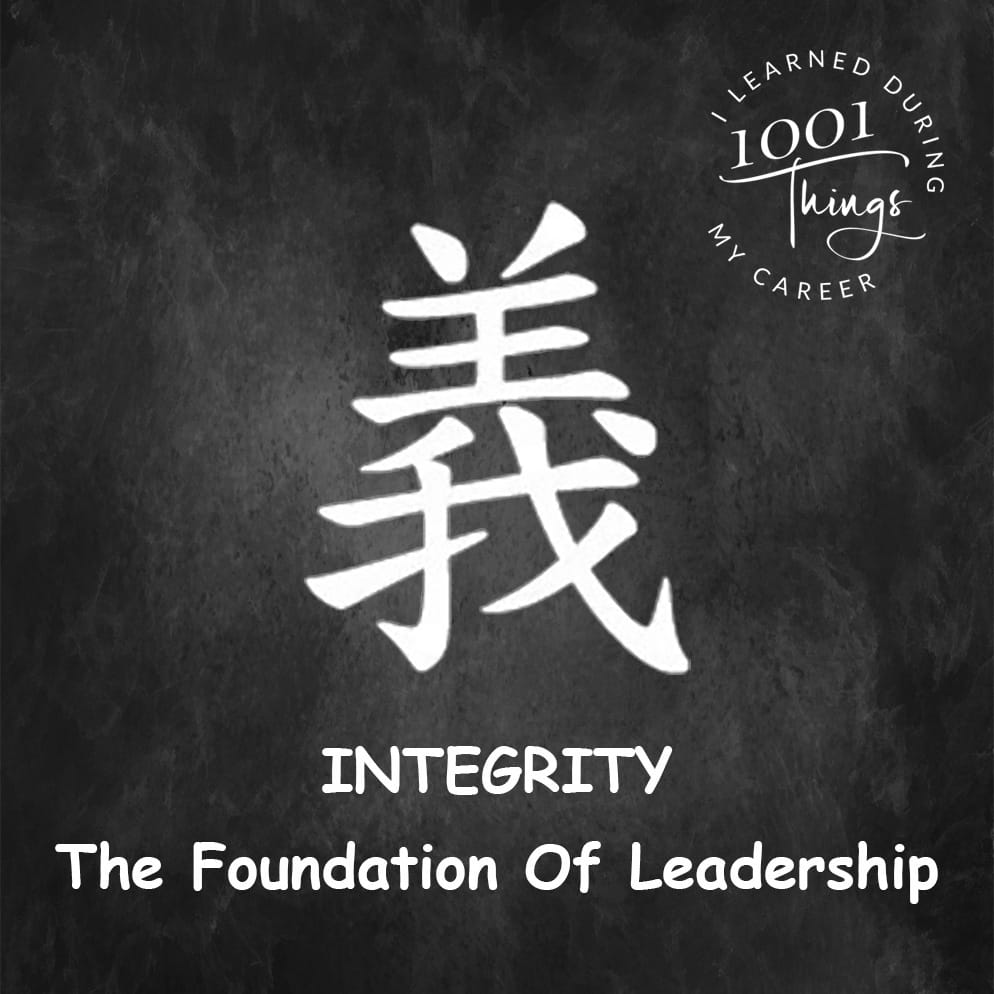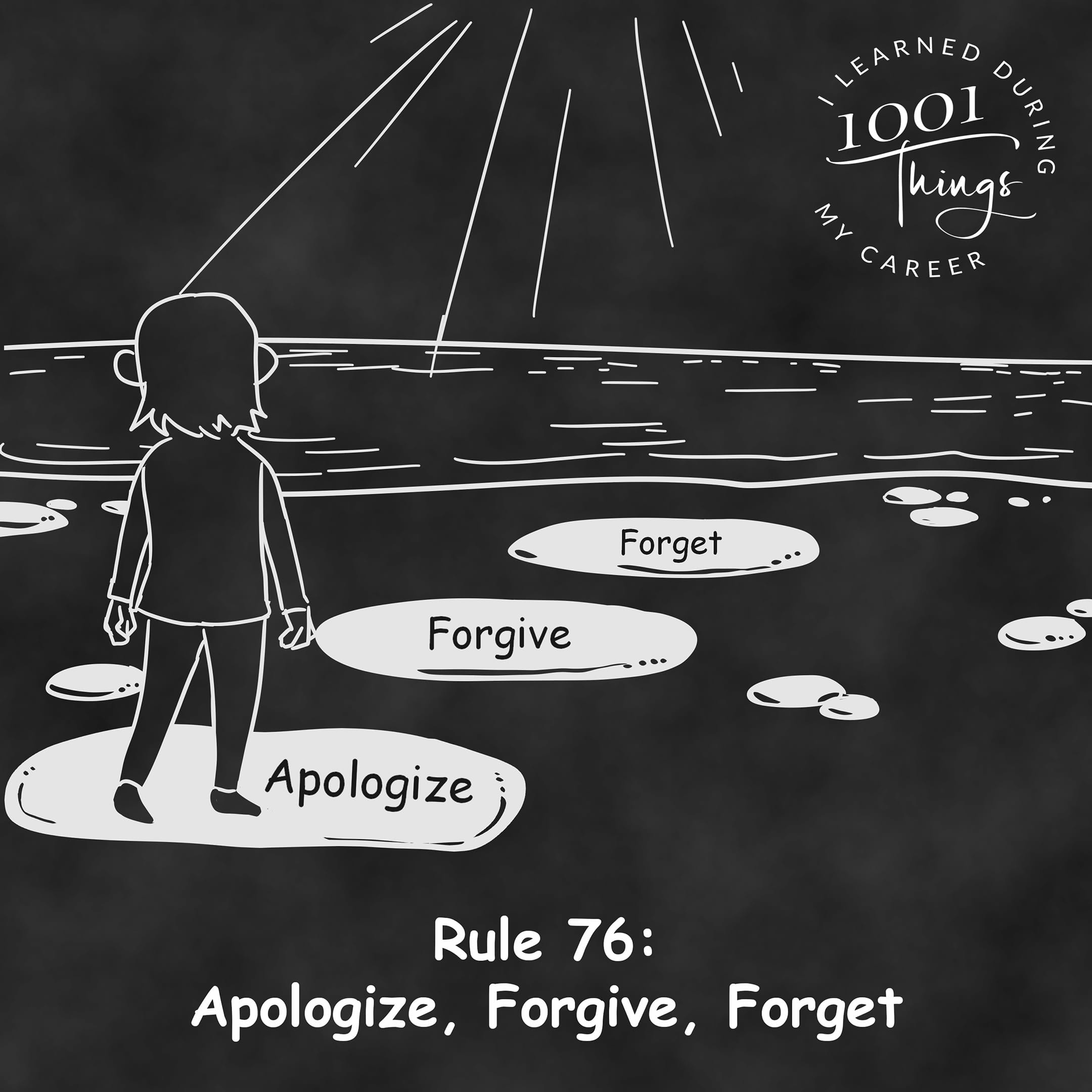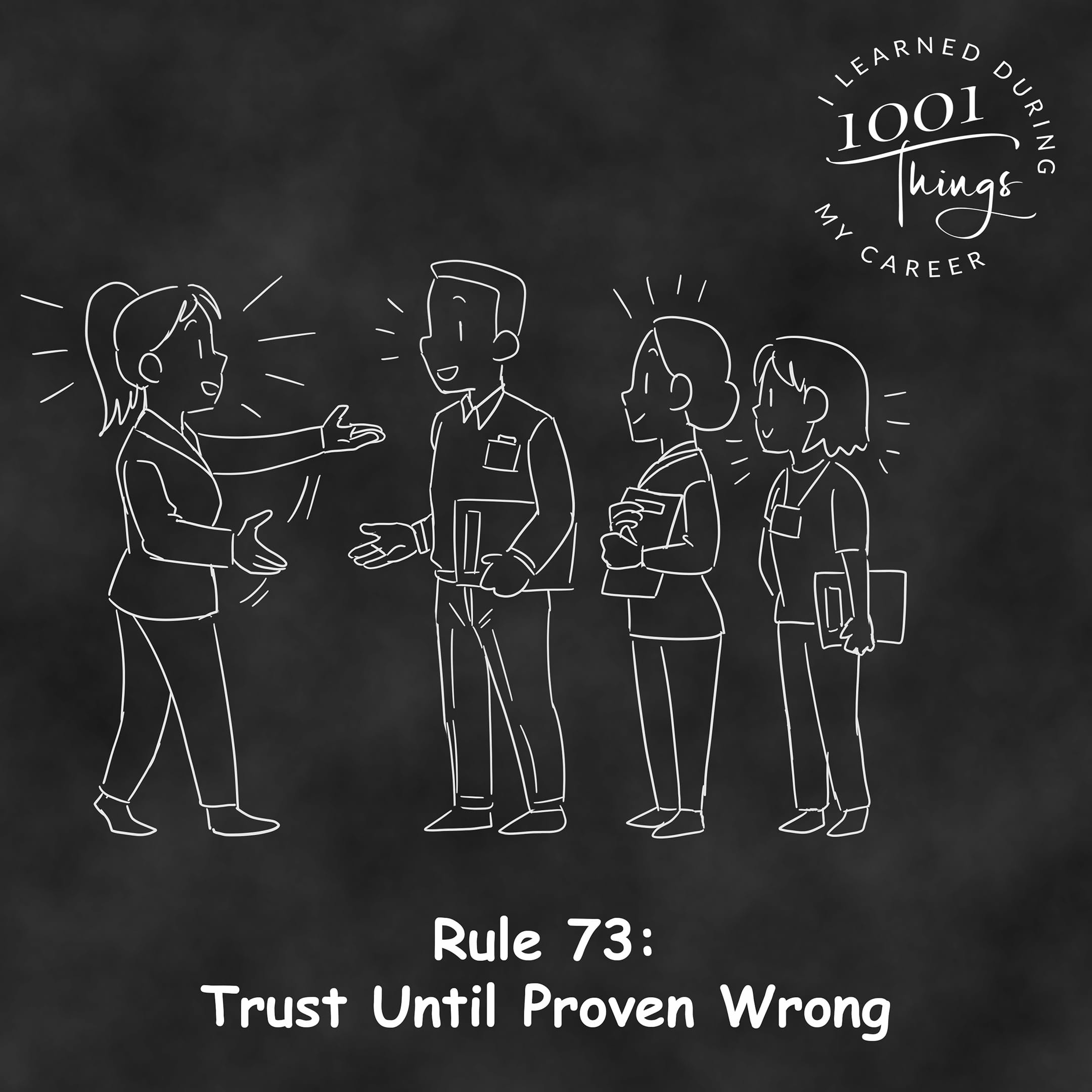Integrity is not just a virtue; it is the very foundation upon which trust, respect, and influence are built. In Bushido, “Gi” (義) represents righteousness, justice, and unwavering moral clarity. The Samurai believed that doing what is right – regardless of the cost – was the ultimate measure of one’s character.
In leadership, integrity is the cornerstone of credibility: a leader who consistently acts with honesty and fairness fosters loyalty among their team. People follow those they trust, and trust is built through actions, not words. In contrast, the absence of integrity leads to broken trust, failed leadership, and eventual downfall.
We see integrity in action when leaders take responsibility for their choices, hold themselves accountable, and refuse to compromise their values, even under pressure: it means making difficult decisions not based on convenience or personal gain but on what is just. It’s easy to do the right thing when there’s no risk involved. The real test comes when integrity demands sacrifice – standing up against wrongdoing, making tough but ethical calls, and prioritizing principles over profit.
Take Paul Polman, former CEO of Unilever, who led with integrity by prioritizing long-term sustainability over short-term profits. He eliminated quarterly earnings reports, focusing instead on ethical business growth, which ultimately strengthened the company’s reputation and performance.
In politics, Nelson Mandela exemplified integrity by choosing reconciliation over revenge after apartheid. Despite decades of imprisonment, he led South Africa with a commitment to justice and unity, proving that true leadership is about moral strength, not power.
Great leaders throughout history have demonstrated this virtue, from business executives who refuse to engage in unethical practices to political leaders who stand by their principles despite opposition.
As you reflect on Gi, ask yourself:
- Do I make decisions based on what is right, or what is easy?
- Do my actions align with my words?
- Do I hold myself and others accountable to the highest ethical standards?
Integrity is not about being perfect – it’s about being consistent. It’s about leading by example, even when no one is watching. Because in the end, integrity is not just a leadership trait; it’s a way of life.





